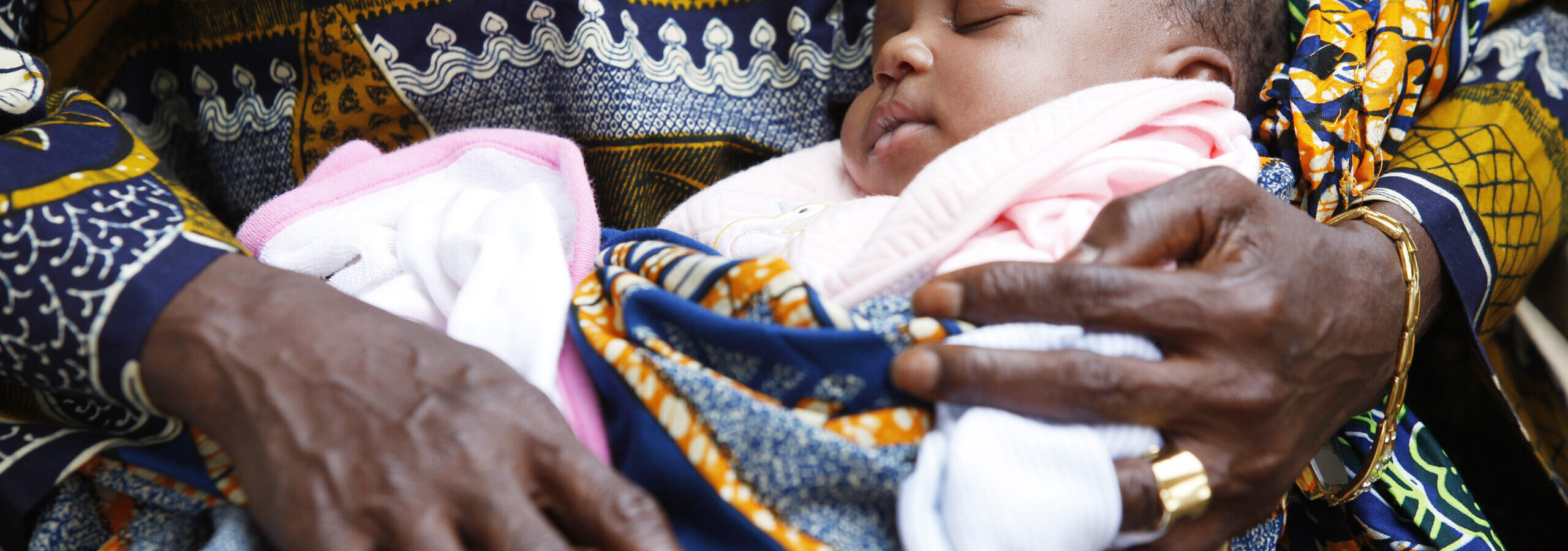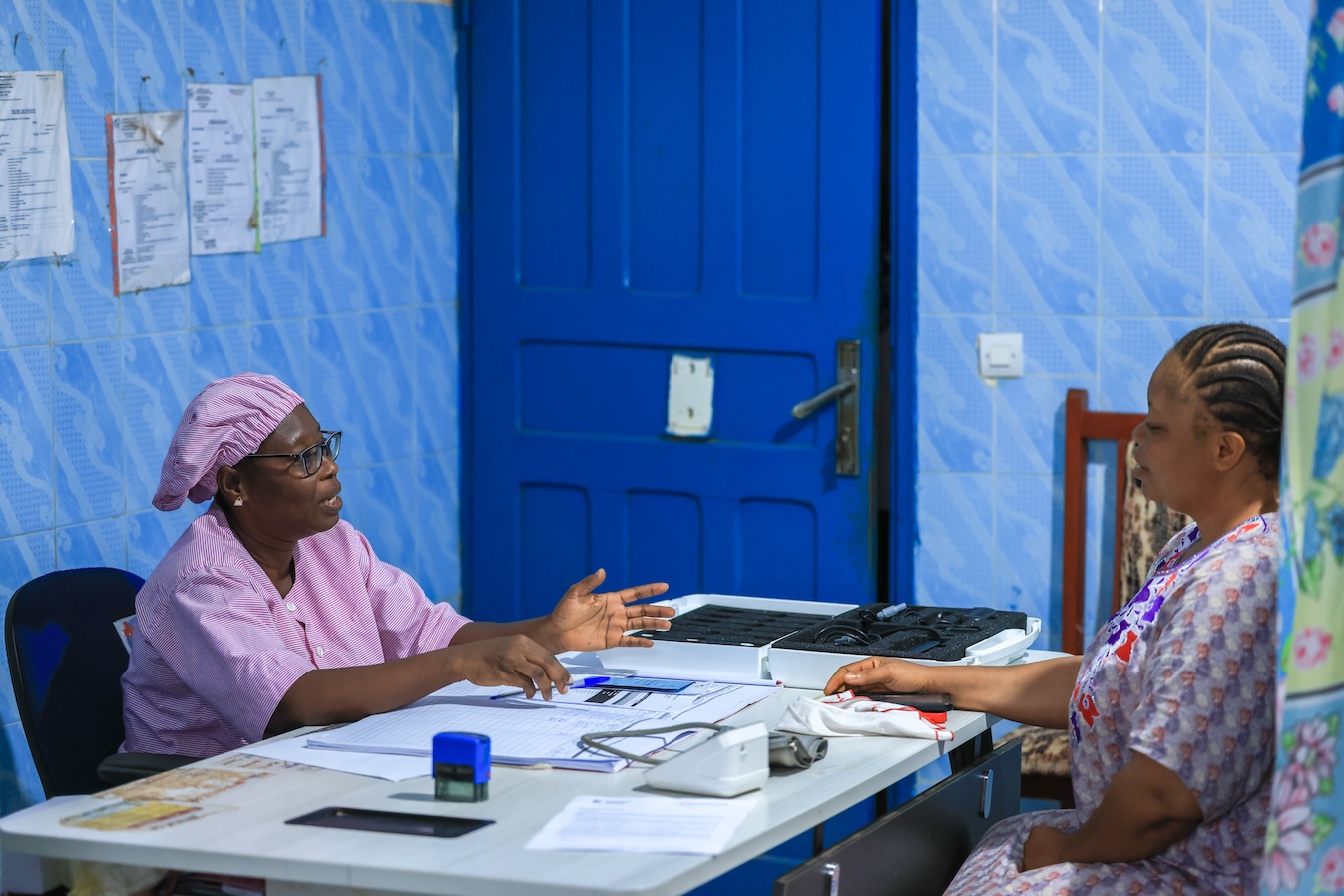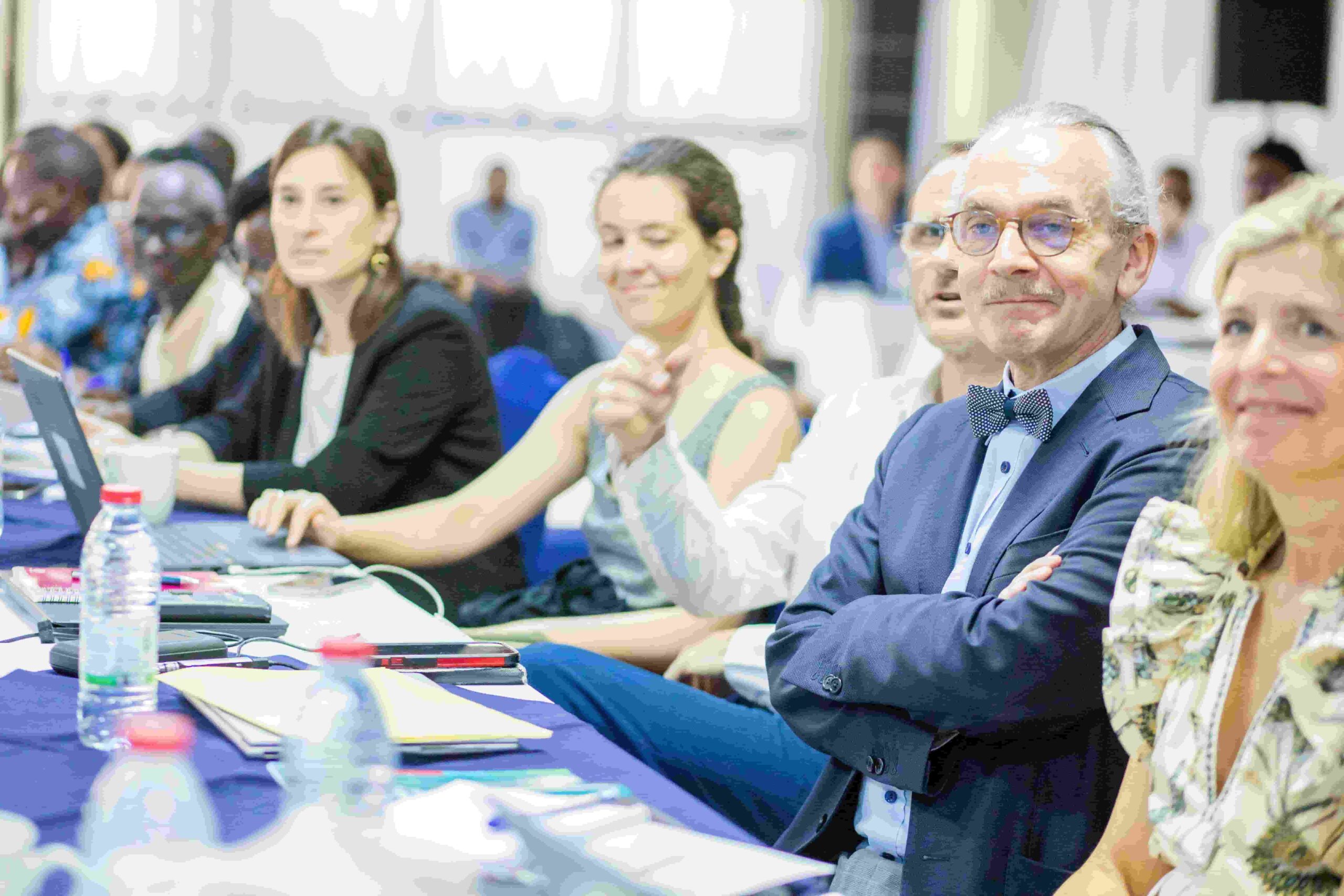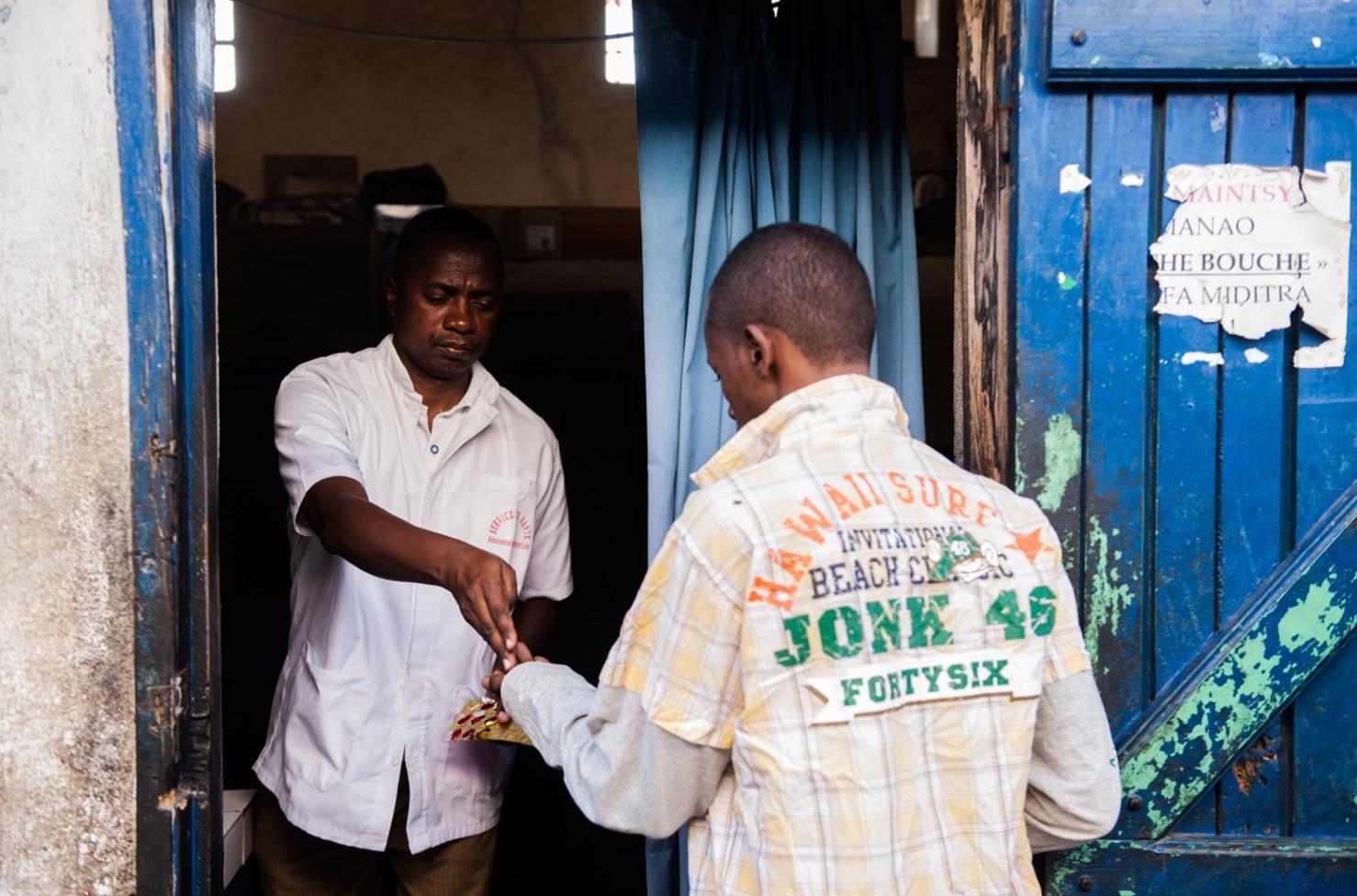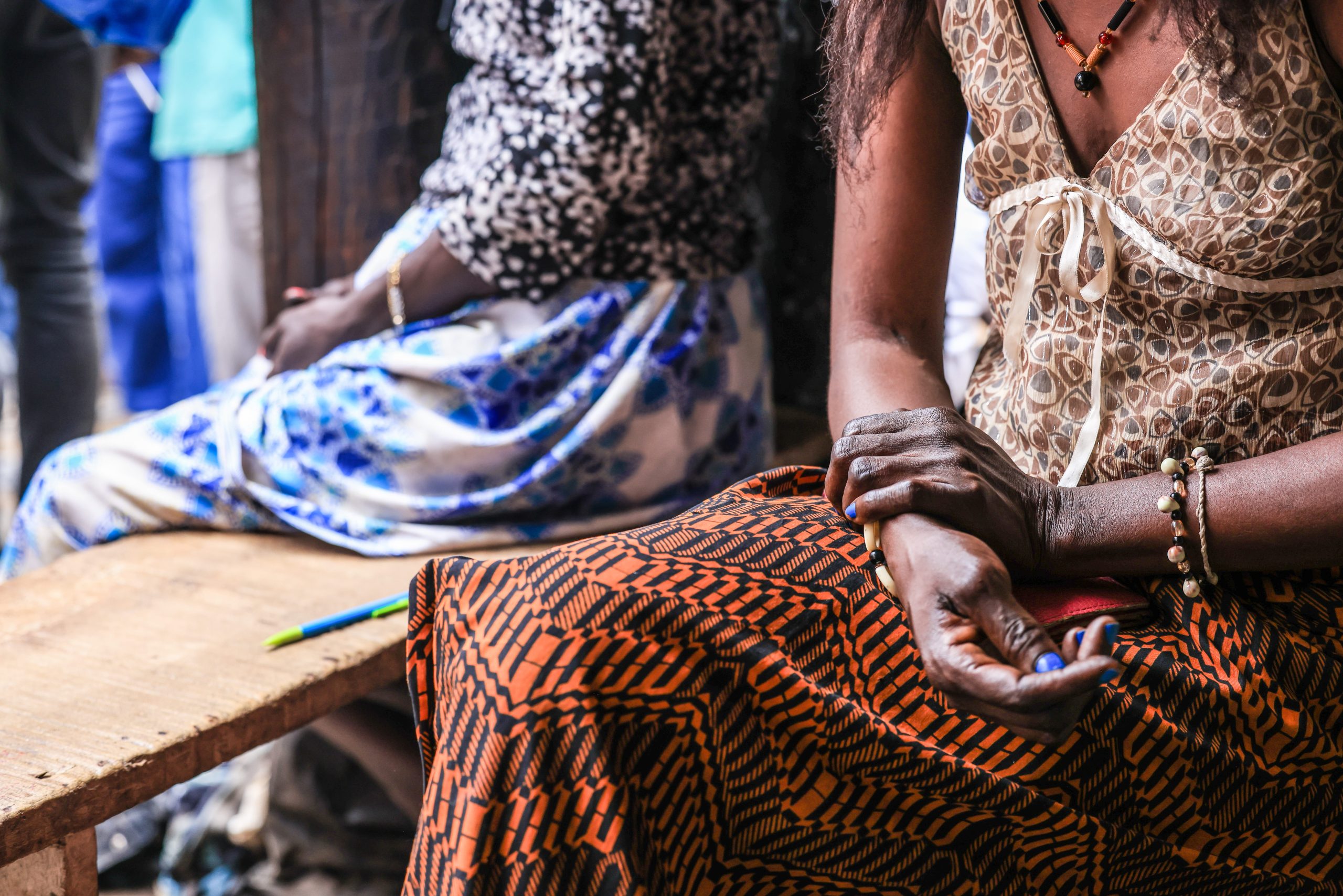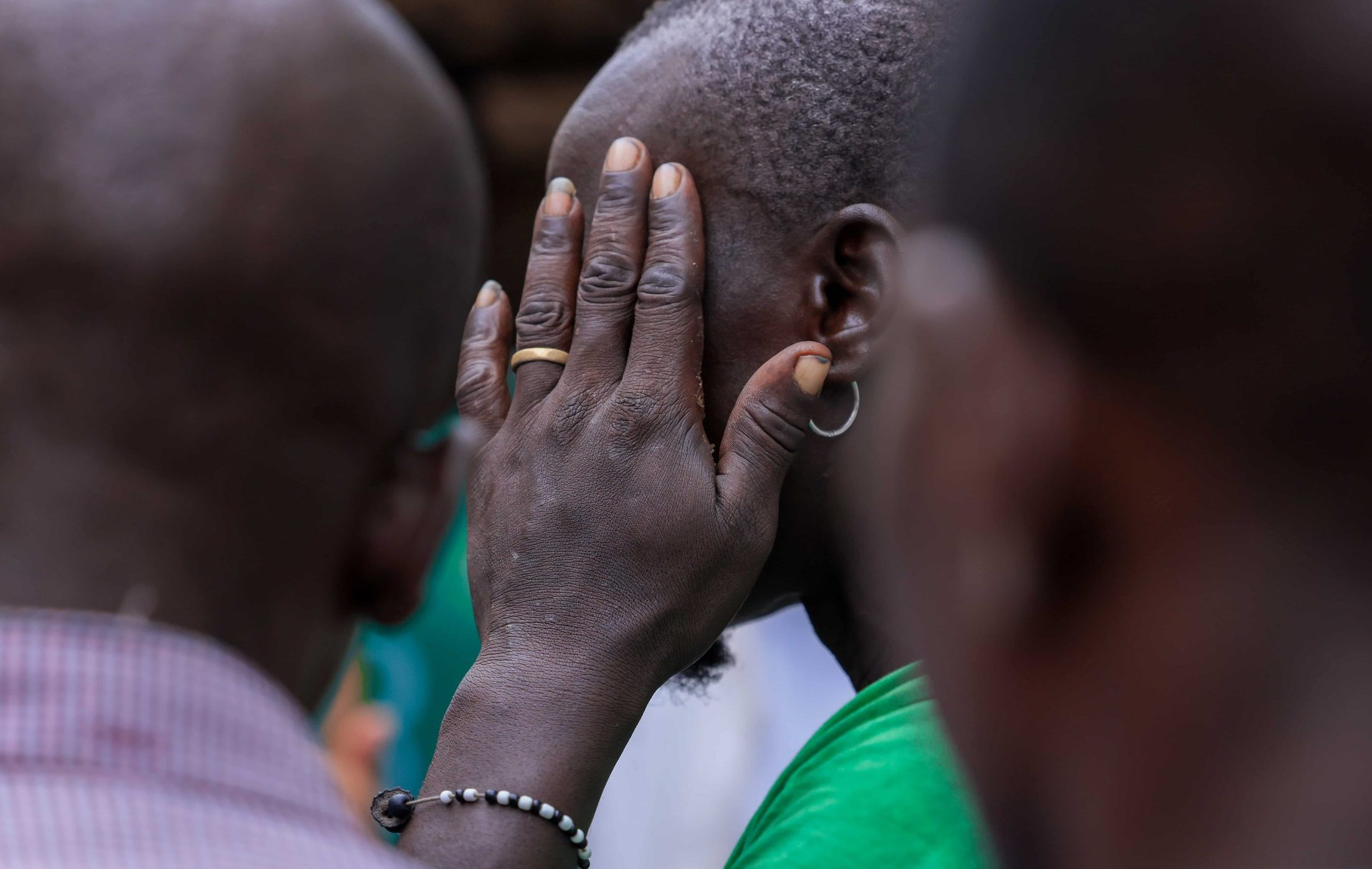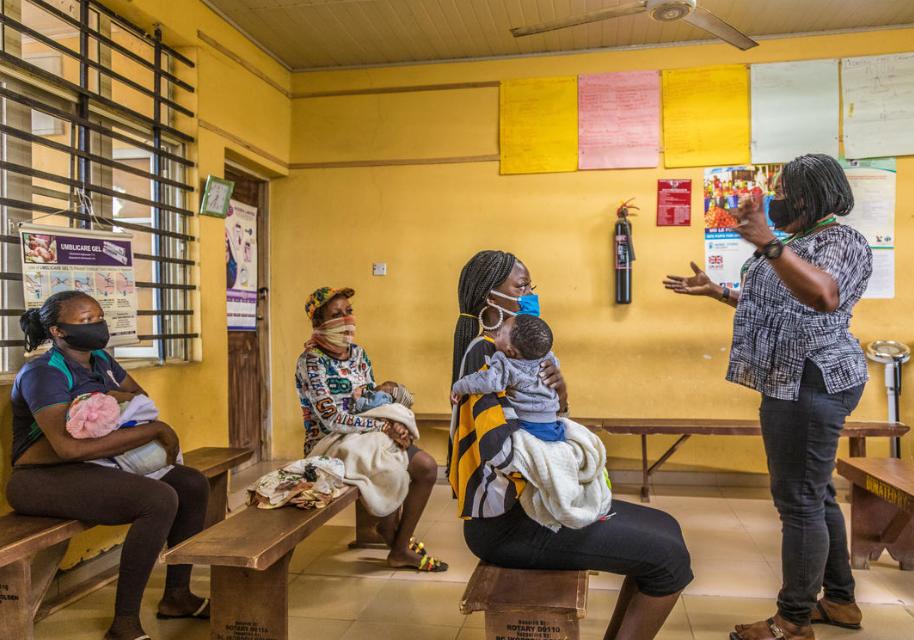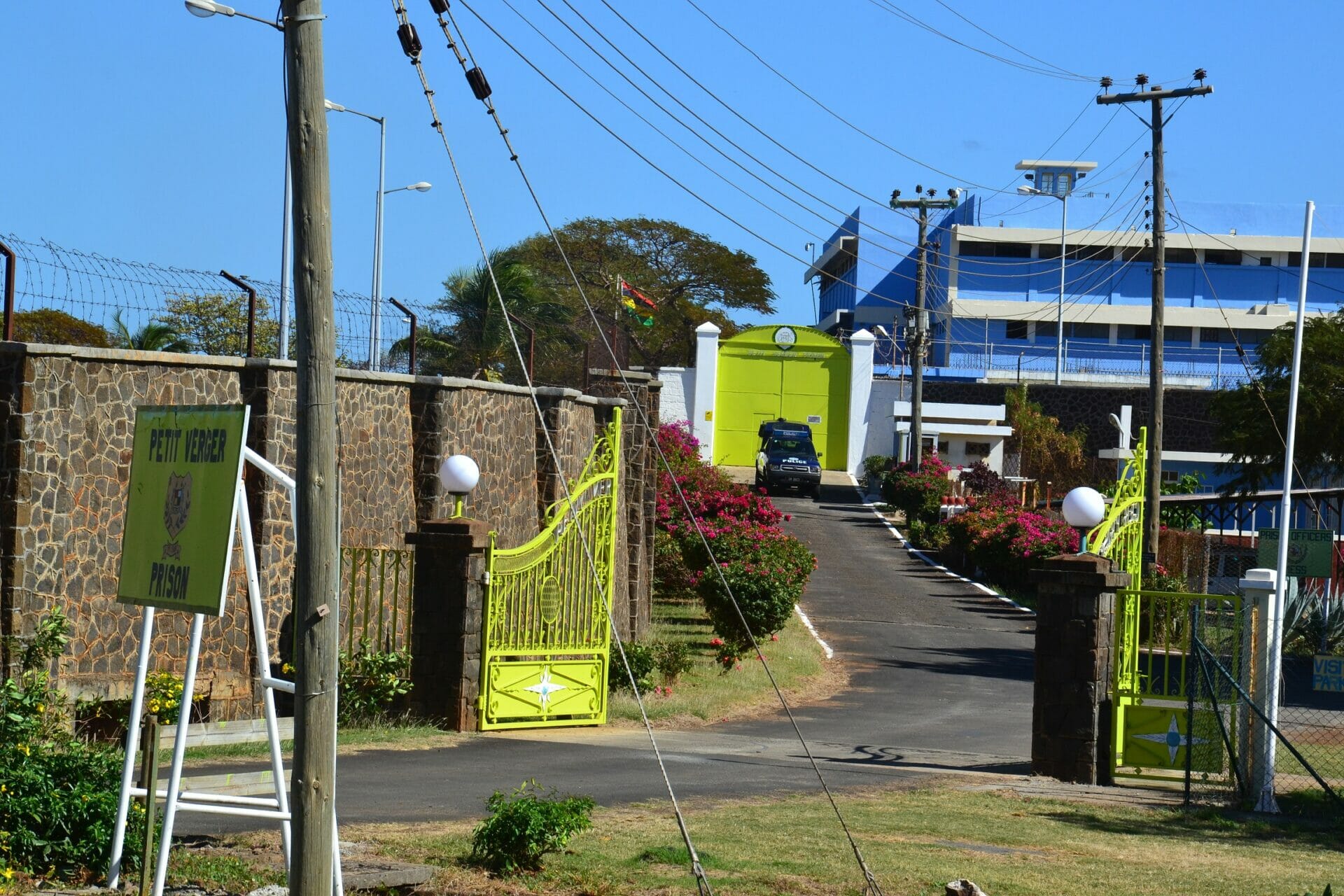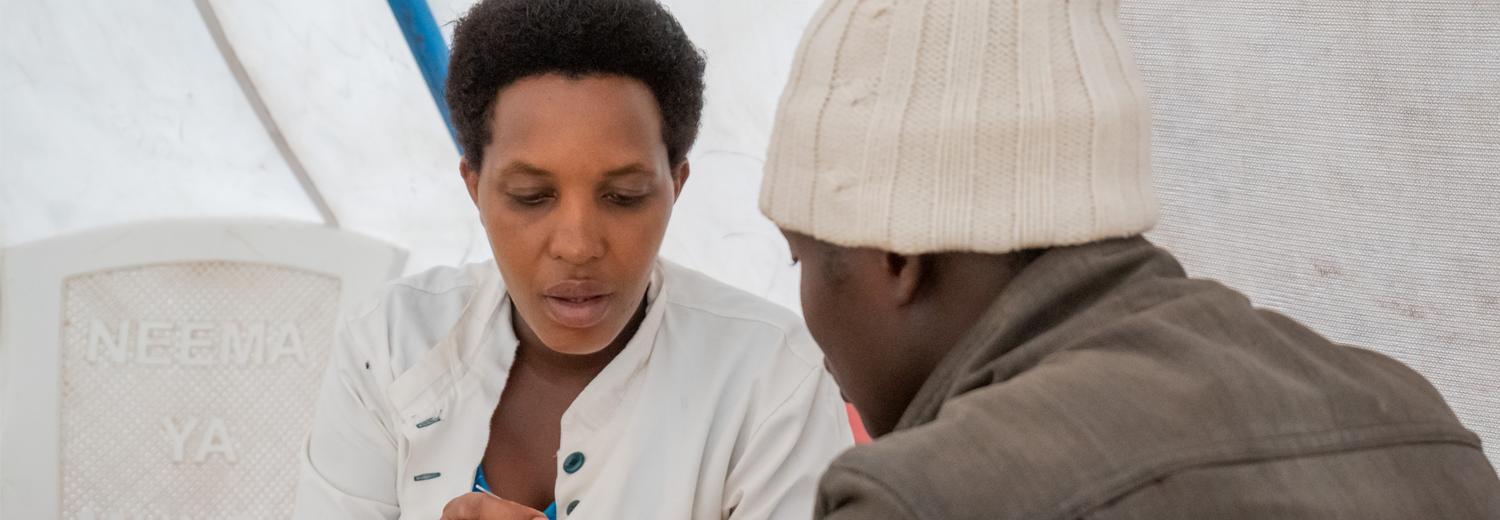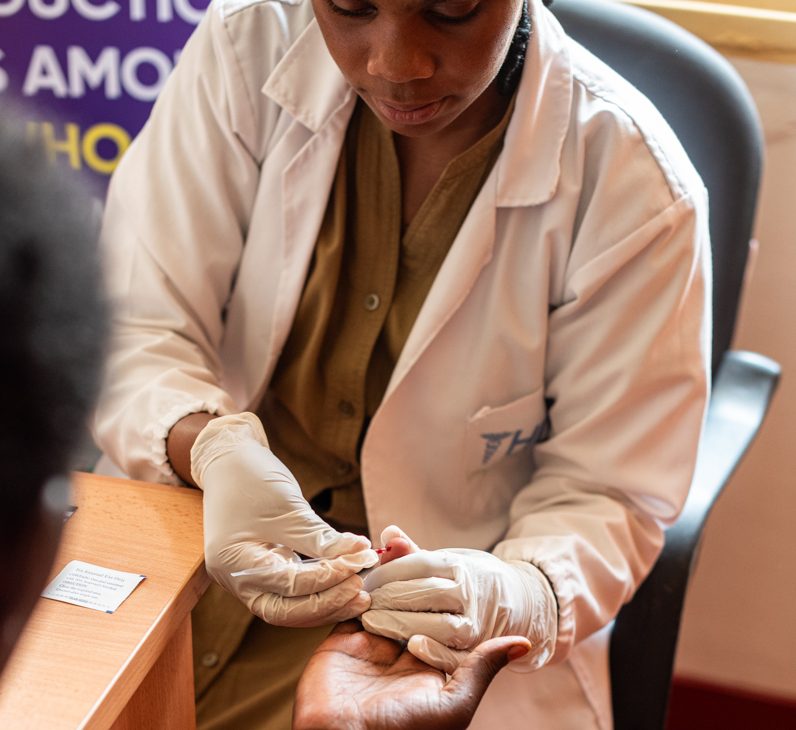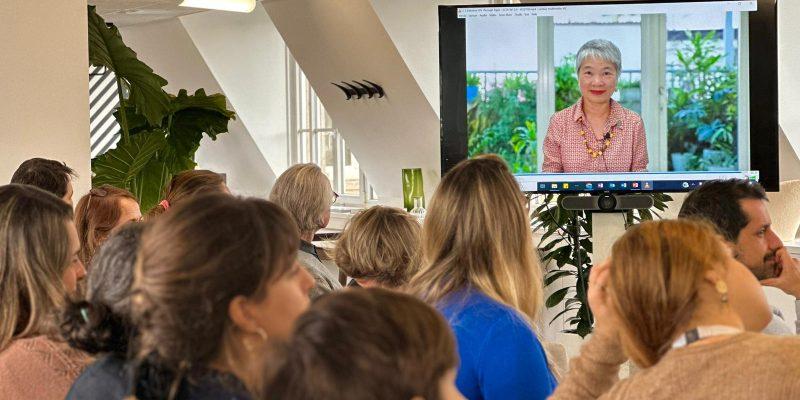Looking back at the 6th edition of the EVA network seminar
Gérès Ahognon, director of the EVA network, looks back on the sixth edition of the regional seminar on pediatric HIV in French-speaking West and Central Africa, which took place from September 21 to 23 in Cotonou, Benin.
Could you tell us about your background and your activities within the EVA network?
“A doctor specializing in community health with a master’s degree in strategic and operational planning, I have been the executive director of the network since the end of 2019.
My role as director is first of all to manage the executive secretariat with the development and steering of the various programs. I implement the strategic orientations of the network, lead advocacy at the international level, lead networking and promotion.
I am also responsible for supervising our local partner structures (our partners implementing activities in the different countries) and providing support to our national focal points (our representation in the countries).
In what context was the sixth regional seminar on pediatric HIV organized and what was its objective?
“Only 35% of children living with HIV had access to treatment in WCA in 2020, the lowest rate in the world. In addition to the coverage rate, the effectiveness of treatments is also a problem. However, the new WHO recommendations prioritizing optimized protocols in children represent a revolution that can enable good care.
Unfortunately, the Covid-19 health crisis has seriously affected the implementation of the transition to these protocols.
It is in this context that we organized this sixth regional seminar, whose main theme was: Optimization of pediatric antiretroviral treatments with the aim of increasing screening, treatment and the quality of life of children living with HIV.
It was both about creating an opportunity to build better synergies between caregivers and community actors, and to encourage partners to commit to more investment in pediatric HIV.”
Were these objectives achieved? What were the highlights of the event?
“The seminar welcomed 103 participants with varied profiles: representatives of community organizations, national HIV programs, technical and financial partners, caregivers and scientific experts. Several sessions were organized around the following topics:
- identification and screening;
- optimization of treatment in children and adolescents (treatment initiation, new formulation, scaling up);
- treatment monitoring;
- community support;
- ARV supply for countries with a small active queue.
In total, more than forty communications were proposed by national programs, caregivers, scientists, community members and partners. Discussions rich in lessons – given the multidisciplinary and multisectoral nature of the seminar – followed each of the sessions.
The identification and screening of children, and the monitoring of children placed on treatment, are the two main problematic points which emerged from the discussions on pediatric care.
What will follow up to this seminar?
“The implementation of the various recommendations with priority actions which are structured around:
- strengthening advocacy so that paediatric HIV is a priority both at the partner level and at the national programme level, which should result in more dedicated funding, better planning of paediatric activities within programmes and the promotion of community expertise;
- technical support to the program for the implementation of WHO recommendations and taking into account specific needs in the pediatric component in planning;
- capacity building for grassroots actors to facilitate the decentralization of care and better synergy between caregivers and the community world;
- strengthening exchange frameworks between countries and pooling efforts in order to capitalize on good practices and resolve supply and stock management issues.”
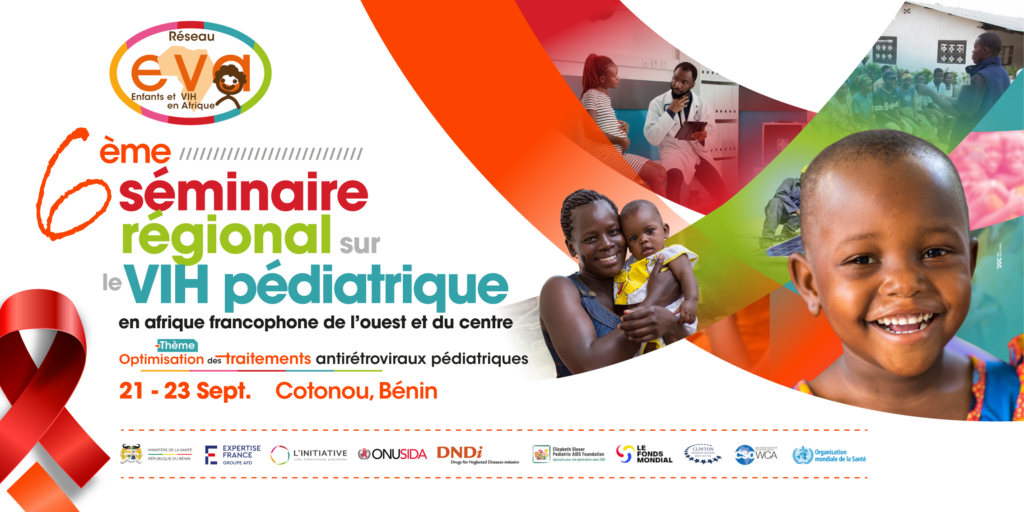
The Children and HIV in Africa (EVA) network
The EVA pediatric network was created in 2010. It has been administratively structured as an association under Senegalese law since 2014. It brings together pediatricians from sixteen of the most important pediatric centers in twelve French-speaking African countries.
The network is in close partnership with three Parisian pediatric centers (Necker Enfants Malades Hospital, Robert Debré Hospital, Armand Trousseau Hospital). All the pediatricians in the network have long been involved in the care of children infected with HIV.
The main activities of the network include: i) training/capacity building of actors involved in the care and support of children and adolescents living with HIV; ii) advocacy at country and regional levels for better consideration of pediatric HIV, including adolescents in national strategic plans, mobilization of domestic funding and issues of pediatric formulations of antiretrovirals (ARVs); iii) evaluation studies/operational research to document practices and better understand observations and make practical recommendations (practical guides, algorithms, etc.) for use by practitioners in the sub-region; iv) community therapeutic education activities for mothers/caregivers of young children and self-support groups for adolescents.Discover the
